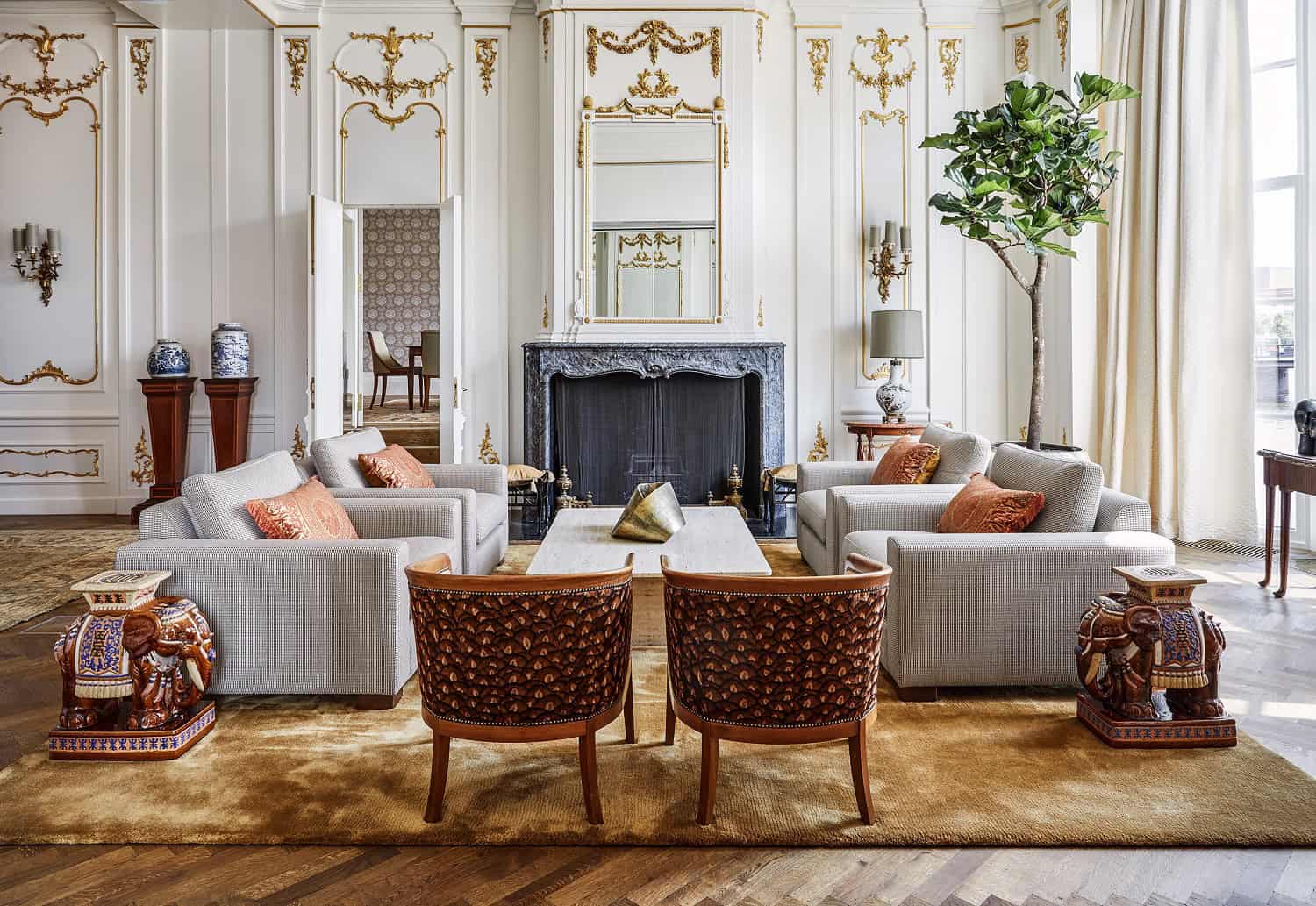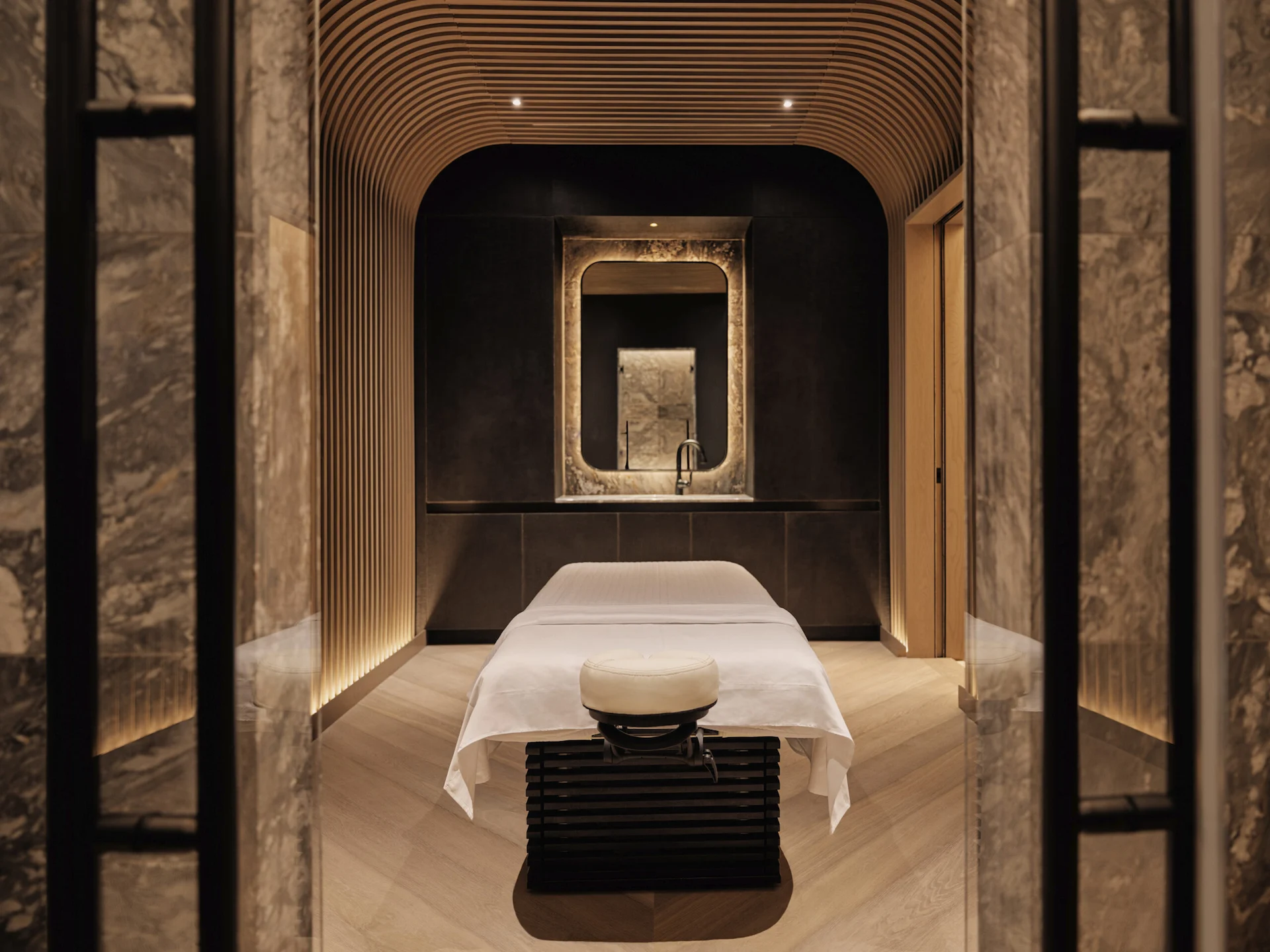The impact of hair on your identity and psychology is often underestimated, but it’s something our hair stylists are all too familiar with. With over 30 years of experience in the industry, and having cut, coloured and tended to over 26,000 heads of hair, The Mandarin Salon resident trichologist Andrea Clark has seen more than her fair share of hair and scalp woes. We sit down with Andrea and talk about why breakfast is so important, the scalp mask used by Audrey Hepburn, and why hair loss is still a taboo topic.
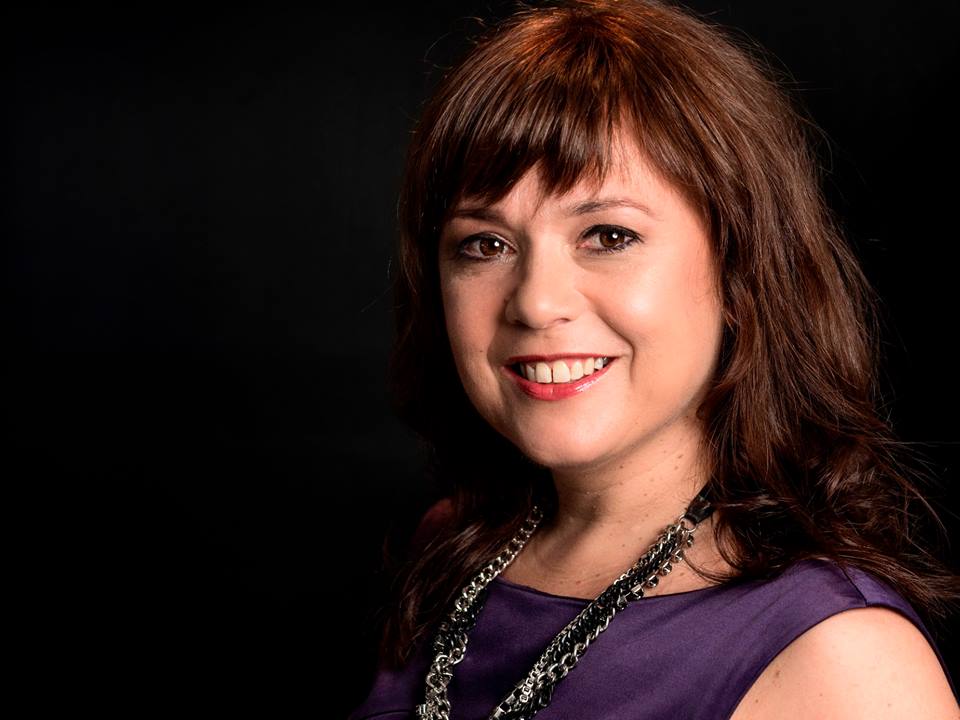
How did you get into trichology? I’m a hairstylist by trade so it was a natural progression for me when I had seen so much over the years. I had clients who had alopecia, and clients who developed cancer and then had to shave their heads: the hairdresser is the first person to experience that with them and experience the whole growing back process. You become very aware of the psychological impact of hair. I wanted to understand what I was seeing and how to solve it.
What was the most surprising thing you learnt in your trichology studies? I found myself most interested in nutrition. Hormones and genetic reasons are what you expect, but there’s not so much focus on that anymore: it’s more about the fact that we can change it. If dad has baldness, if mum has diabetes, you can still change your genetic disposition with your wellness and nutrition. I was surprised by that because I thought it was all going to be topical—what you put on top of your head. But its sleep and nutrition and stress.
Who are some of your mentors or inspirations in the industry? Philip Kingsley, the iconic world-famous trichologist to the stars from the UK, who sadly passed away a couple of years ago. The Mandarin Salon introduced his products nine years ago and I met his colleague Lisa Caddey: she and I clicked, and I later did the trichology course in Sydney. My own consultations are a mix of things I’ve learnt from Lisa Caddey and my own process. All the treatments we use now are the ones Kingsley developed—like the hair and scalp treatment he developed for Audrey Hepburn when she was getting breakages. It’s a stimulating mask which brings the blood to the hair follicles, and a hair elasticiser which stop breakages and gives shine.
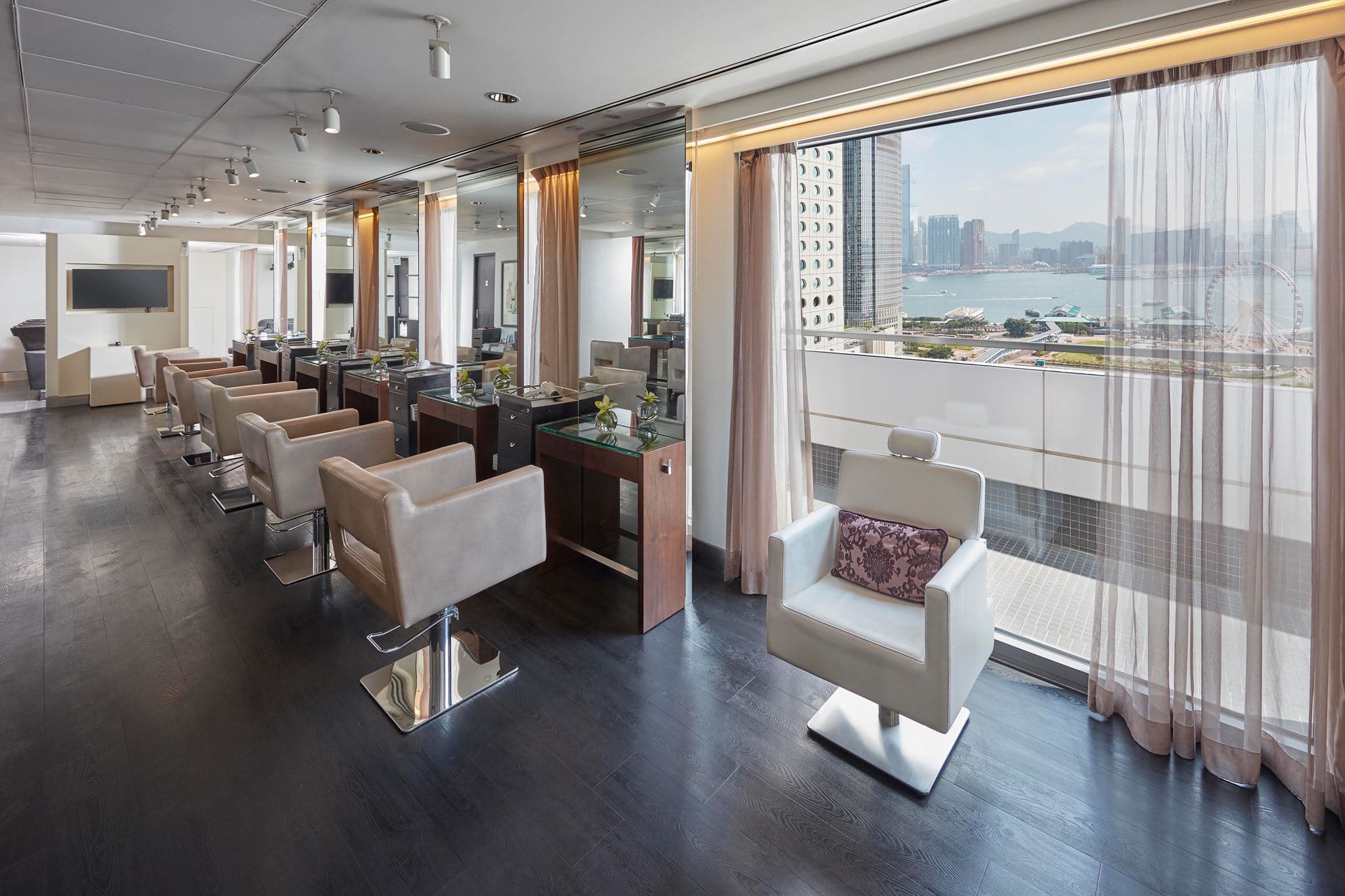
Talk us through a standard consultation. The consultation is around an hour, and I ask about lifestyle, nutrition, sleep. Sometimes you just need to tell someone, “You’re not losing your hair,” which I can then show them with a pull test: I can tell by what comes out in my hand whether I need to send you to a doctor for blood tests or if it’s something we can deal with. I then show them their scalp with the trichoscope: it’s the scalp magnified 60 times. If there’s a follicle your hair can grow. Most of the time the consultation is about reassurance.
What are the benefits of working in The Mandarin Salon versus a medical centre? I do my consultations in a treatment room off the salon so that its private, and it’s soundproof so you feel safe. If anyone is particularly worried, then as we are a hotel, so we can even do it in the rooms for extra privacy. As a salon rather than a doctors office, it’s a little more inconspicuous.
What is the biggest cause of hair loss, in your experience? Nine times out of 10, I find that the underlying cause is stress and poor wellbeing. After the consultation, I type up my report and give my advice there. It’s things like ‘using a tonic’, and I’ll suggest two: one you can make out of witch hazel and mouthwash at home, or the Philip Kingsley hair tonic you can buy in the salon. I give them both options because not everyone wants to go with the brands and mass products. I’m very loyal to the brands that I like, but I don’t just focus on one and my service is bespoke. No persons report is the same.
“The hairdresser is the first person to experience the whole growing back process with them. You become very aware of the psychological impact of hair.”
What is the biggest misconception about hair loss? It’s not just an old person thing, and it’s not just caused by illness. I want to sexy up the idea of looking after your hair. I actually do have some gentlemen in their 30s worried about balding, and they’re smart enough to understand that if they start now and look at their diet and deficiencies then we can slow down that process.
Shedding is also not the same as hair loss. People ask me what’s normal when you look in the plughole: it’s normal to shed up to 100 hairs a day, but seasonally people shed more or less. If you look back three months, that’s why your hair is the way it is now—it’s not because you changed your shampoo yesterday.
See also: 10 Healthy Hair Tips & Tricks From a Trichologist
What role does nutrition play in hair health? It’s not just about your nutrition, but also when you eat. People always say, we know breakfast is important for fitness and metabolism, but what a lot of people don’t know is that after lunchtime, your body sends nutrition to the rest of the body and not your hair. Hair is the second fastest growing cell in the body so it needs a lot of energy—but it’s also non-essential which means if you’re not eating enough or the right things, your body will ditch the hair and send the energy elsewhere.
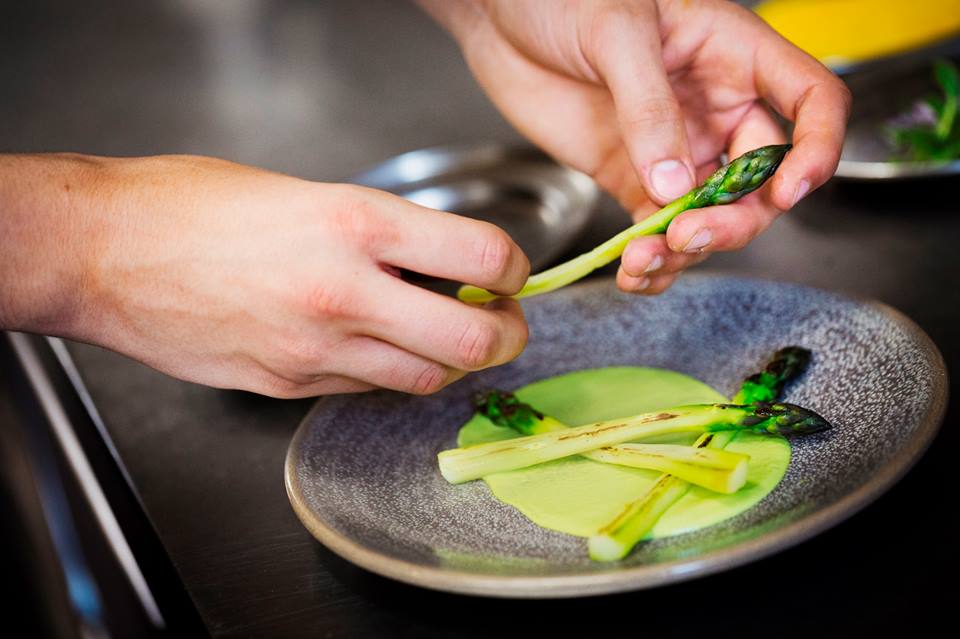
What supplements can people take for healthier hair? I recommend people getting a nutrient or blood test, especially for things like Iron—you’ve got to be careful not to self-diagnose because if your iron isn’t low and you take supplements, you’ll end up too high. I also have been taking Hair Fact which is a supplement for the hair developed transplant doctor in India, which was based on his own remedies. I’m currently the only retailer in Hong Kong, and we recommend it on a case-by-case basis.
Do people have more issues with dyed hair or chemically straightened hair? If you’re getting done it professionally and it’s done well, then no. There will be a certain level of breakage but as long as you’ve got the right aftercare, and follow up with hair masks its fine.
How can lifestyle affect hair and scalp health? It’s important to not make people focus on the hair and scalp problems, and instead ask them to look at things they can introduce like body brushing, yoga, breakfast, green smoothies, and singing bowls. Sleep is a huge factor too: not having enough sleep causes stress, which causes your cortisol levels to go up.
“Hair is the second fastest growing cell in the body so it needs a lot of energy—but it’s also non-essential which means if you’re not eating enough or the right things, your body will ditch the hair and send the energy elsewhere.”
Why are people so reluctant to talk about hair issues? People still hide hair loss and scalp problems away. Its still a topic that people don’t talk about even with their friends. They’ll talk about frizz, but not baldness or scalp issues. It’s a touchy subject. Sometimes people are in denial, sometimes there’s a shame element.
Once someone has lost their hair, can it grow back? Genetic hair loss takes 15 years before people realise they’re losing their hair. If you look early, you can slow it down but nor reverse it. If you have diffuse hair loss, on the other hand, it can be reversed. There are two kinds: the kind that will fix itself after the body goes through temporary changes, like the hair loss some mums go through in pregnancy; and the second, caused by an imbalance that won’t resolve itself like thyroid or malnourishment, will continue to get worse until the root cause is resolved. But it can grow back and it can thicken and strengthen.
How does environment affect our hair and scalp health? My trichology colleagues around the world are reporting hair thinning among a lot of different groups which suggests an environmental issue and an effect from toxins and pollution, and the lifestyle we’re living. There’s a lot of electronics around us. A lot of people now put their phones in the other room while they sleep so that they’re not distracted, but it’s good too because our bodies and hair absorb that energy.
Make an appointment with Andrea at The Mandarin Salon to consult on your hair health.

